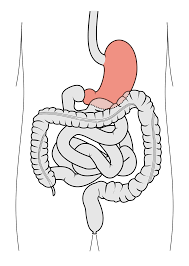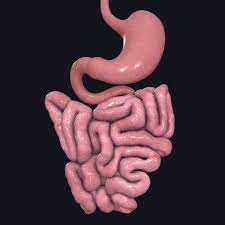Physical Exercise: Importance and Impact
- Dec 18, 2021
- 2 min read
It is widely known that exercise is necessary for one’s well being, both in terms of
physical and mental health. A long list of short and long term medical benefits have been
associated with fitness. Short term effects include decreased anxiety levels, reduced blood
pressure, sharpened focus and memory and a greater quality of sleep.
Exercise has been shown to boost moods and to be an antidepressant. During high
intensity exercise, endorphins, the feel-good hormones, are released by the body. However,
even low-intensity exercise over longer periods of time can have an impact: it causes
neurotrophic or growth factor proteins to be produced, leading to the growth of nerve cells and
more connections. Based on research, the hippocampus, or area of the brain responsible for
regulating mood, has been found to be smaller in individuals with depression. By increasing the
number of connections between nerve cells, exercise can cause the hippocampus to grow, its
performance to improve. Therefore, depression or negative feelings can be controlled more
effectively. That is how, surprisingly, exercise can be one of the antidotes for depression.

Long term effects include improvement of cardiovascular health, brain health, muscle
and bone health, and even reduced risks of developing cardiovascular disease, Type 2
Diabetes, stroke, several types of cancer (including stomach, kidney, bladder, and lung),
dementia, and Alzheimer's, to name a few.
Physical activity can even combat the effects of the inevitable passage of time on the
human body. The authors of a 2006 clinical study declared, “Doing cardio regularly could spare
the brain from the ill-effects of aging” (Petersen). Finally, fitness is associated with increased life
expectancies, as shown in a study that reported that there was a 33% lower risk of early deaths
for those who were active at least 150 minutes per week.
Researchers have found that cognitive function can be increased through frequent
exercise over the course of the week too. Published in the Neurology journal in 2019, a study
compared two different groups: one which did intense aerobic exercise four times a week and
one which performed lower intensity exercise like stretching. After six months, individuals aged
20-67 in the first group not only had lower BMIs and increased aerobic endurance but higher
cortical thickness, the thickness of the cerebral cortex, as well. This increase in the brains’
volume, in turn, had a positive effect on cognitive function, the ability to perform significant
mental processes such as learning, memory, making decisions, and more.
The minimum daily recommended amount of moderate to intense exercise for youth is
60 minutes, and around 30 minutes for adults. While the method of exercise chosen isn’t
significant, fulfilling this requirement is vital to optimum wellness.




Comments